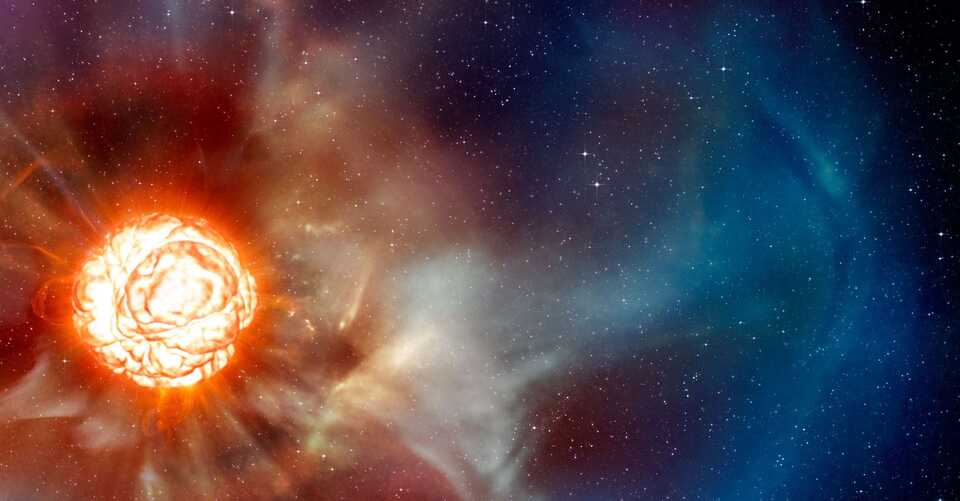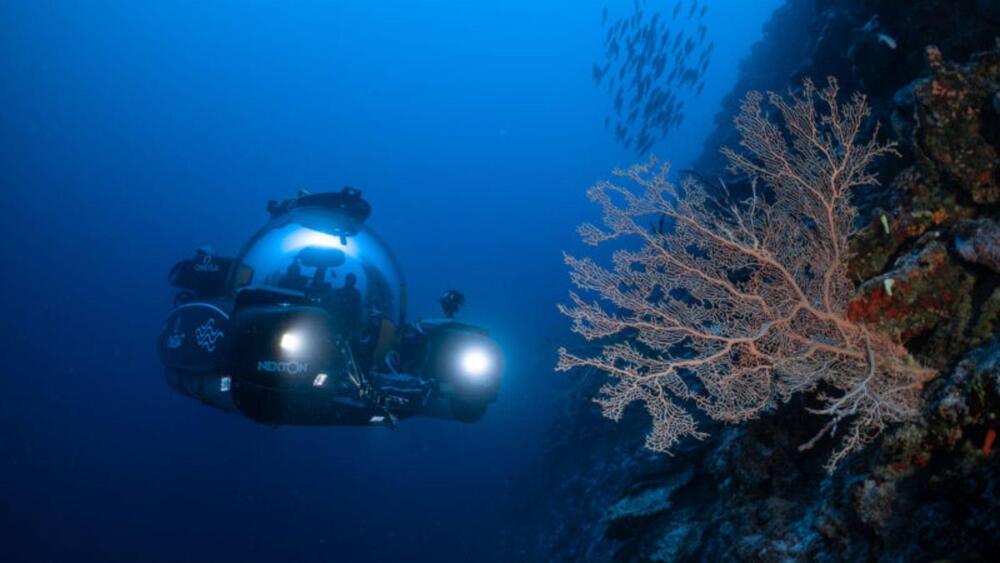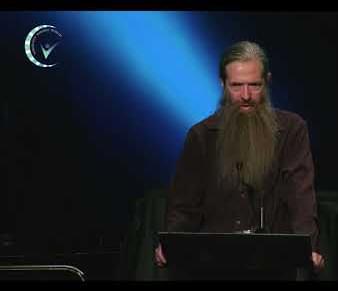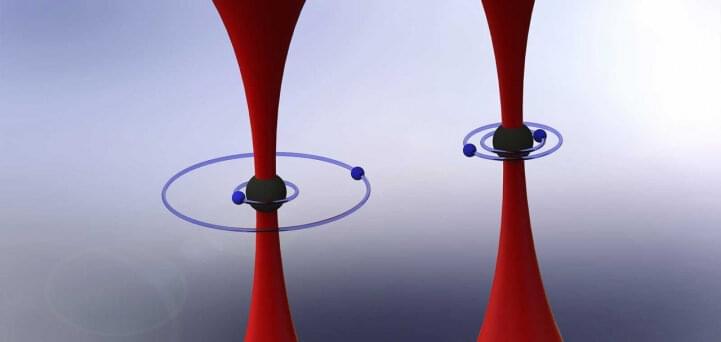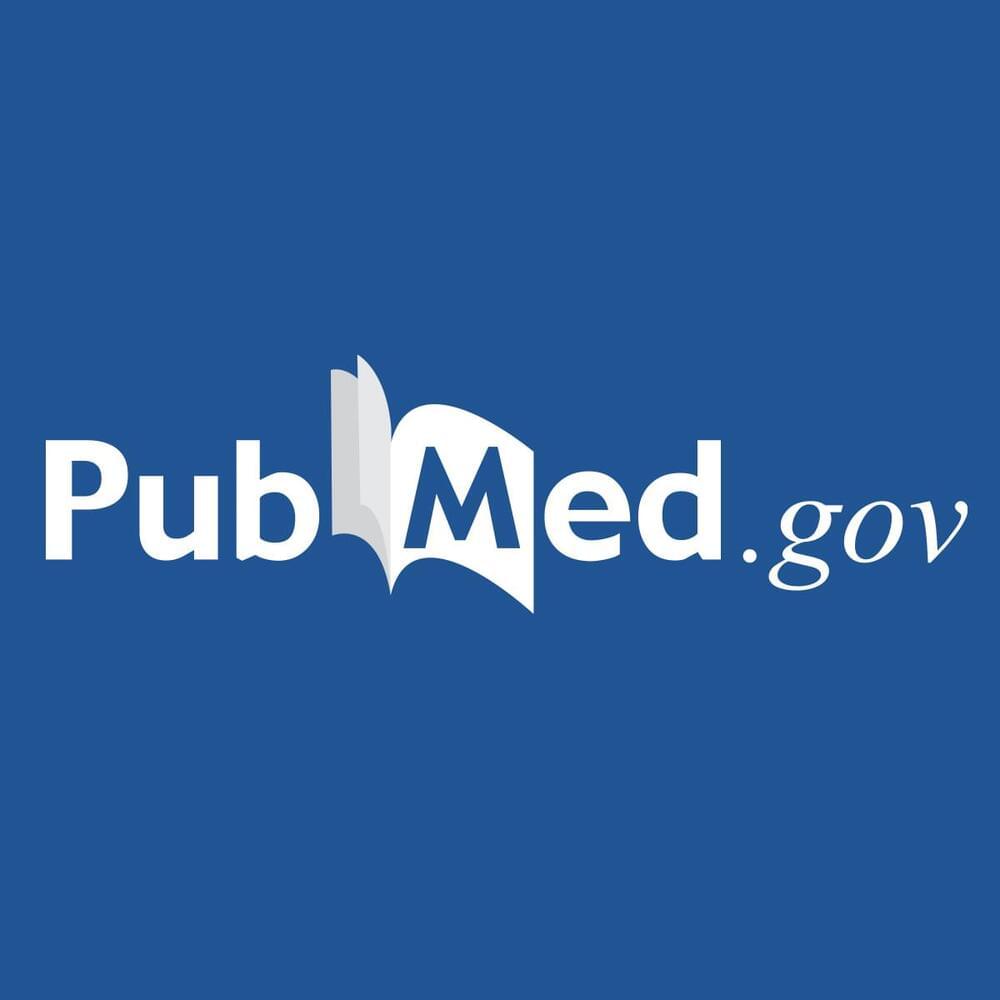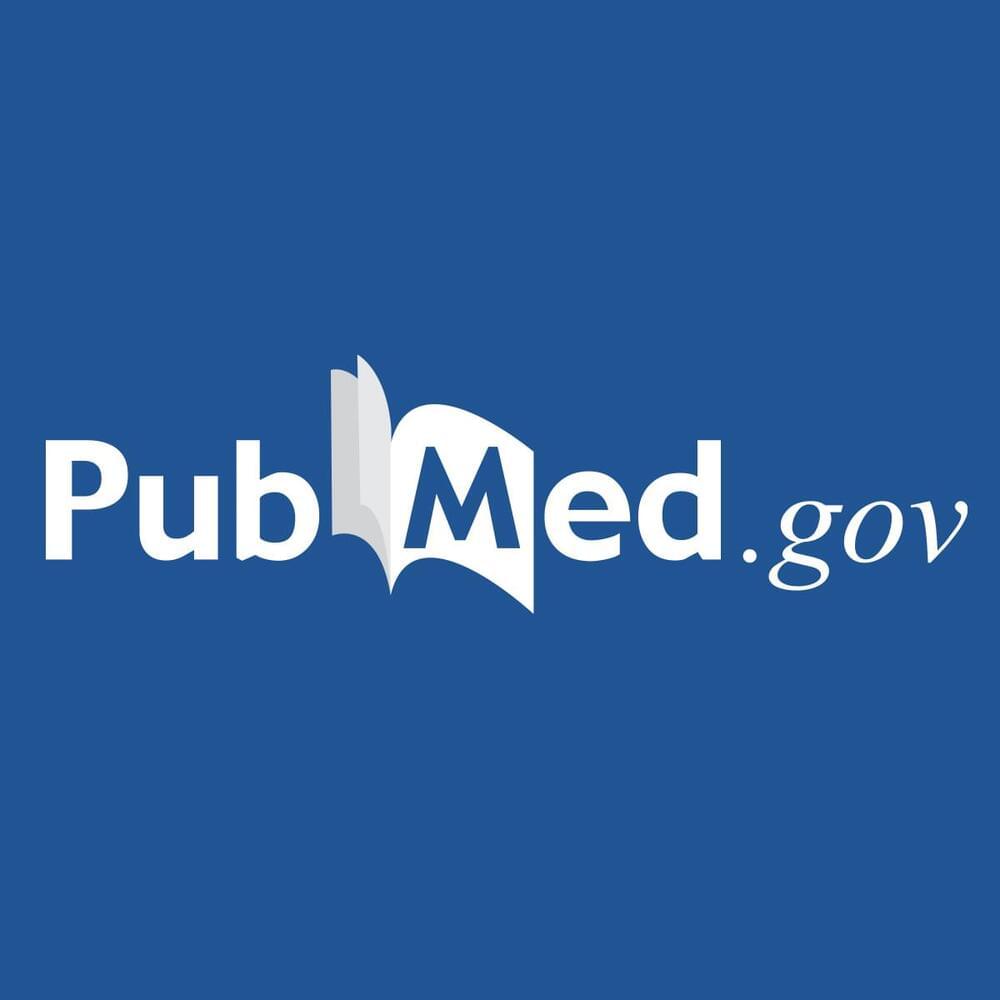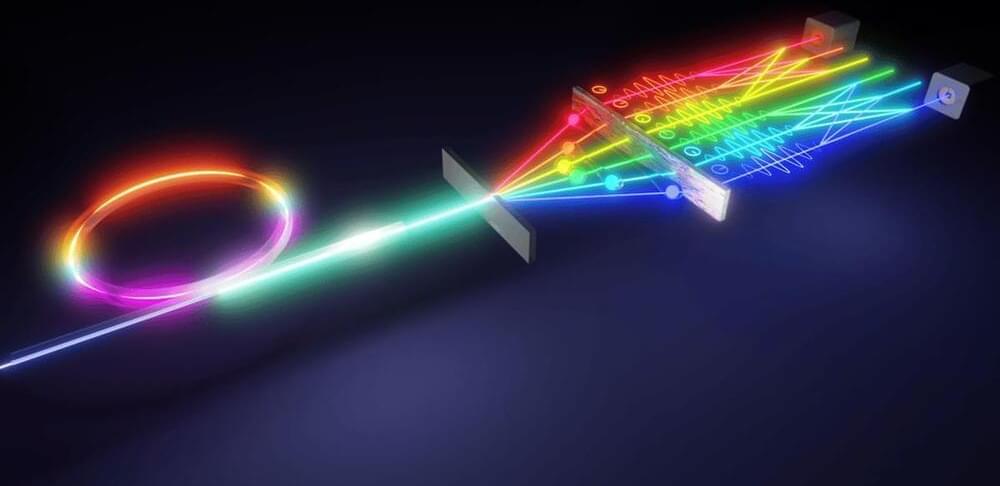
Scientists have demonstrated a powerful technique that will allow quantum computers to store much more information in photons of light. The team managed to encode eight levels of data into photons and read it back easily, representing an exponential leap over previous systems.
Traditional computers store and process information in binary bits, which can hold a value of zero or one. Quantum computers boost this power drastically with their quantum bits, or qubits, which can hold values of zero, one or both at the same time. But an emerging version of qubits, known as qudits, up the game even more. Rather than just two values like qubits, qudits can theoretically contain dozens of different values, greatly increasing the data processing and storage potential. Better yet, qudits are also more resilient against external noise that can disrupt qubits.
But, of course, there’s a catch: it’s hard to measure and read back data stored on qudits. So for the new study, researchers at Oak Ridge National Laboratory, Purdue University and EPFL have developed a technique to produce and read qudits more reliably. In their experiments, they generated qudits that could each hold up to eight levels of information, and quantum-entangled them in pairs to generate a 64-dimensional quantum space. This, the team says, is four times larger than in previous studies.
